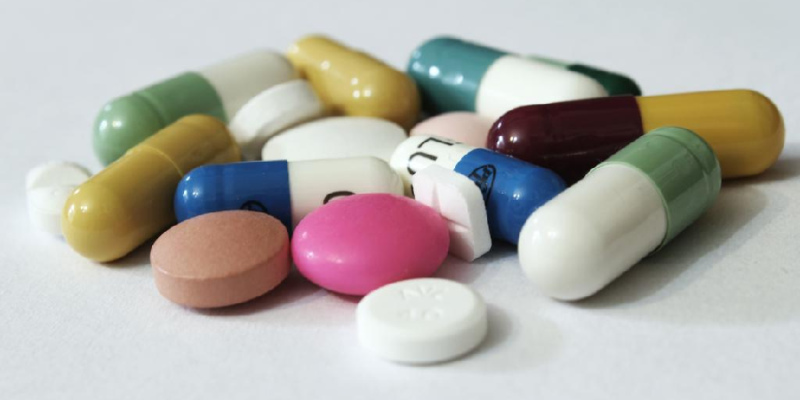WHAT ARE STABILITY STUDIES?
Stability studies are a series of tests that are carried out in order to check how the quality of an Active Pharmaceutical Ingredient (API) or a Finished Pharmaceutical Product (FPP) will fare with time after being exposed to certain environmental elements such as light, weather, temperature and so on.
WHAT ARE APIs and FPPs?
Active Pharmaceutical Ingredients (APIs) are synthetic, semi-synthetic or naturally obtained drug substances that might be later formulated into a drug using excipients.
Finished Pharmaceutical Products (FPPs) are formulated products in the final process, ready for marketing.
NEED FOR STABILITY TESTING
Besides analyzing the effect of certain elements on APIs and FPPs, stability studies are used to:
- Determine an expiry dates on certain products for it to be imprinted on the carton.
- Determine the right storage conditions to put in the instructions.
- Determine prescribed packaging
STAGES OF STABILITY TESTING
- Pre-formulation: This is a testing carried out to determine the FPPs or APIs stability before formulation (when it’s still in a powdery form).
- Final formulation: This is done after the FPP or API is hardened in the form that it will be ingested.
- Post marketing: This is further testing that is carried out on products when they have been marketed already.
TYPES OF STABILITY STUDIES
Physical stability studies: Here, tests to check changes in colour, odour, taste, melting point etc are carried out.
Chemical Stability: The assay of the drug and drug degradation products.
Microbial Stability: Test for checking microbial growth.
A combination of the results of these tests help scientists determines the shelf life and appropriate storage condition for a certain product.
How the Storage conditions for certain products are determined
NATURAL PRODUCTS
Challenges
- In natural products, some active consistuents are usually complex in nature or unknown to the tester.
- Analysis becomes more difficult when more than one herbal product have the same consistuents.
How Storage conditions for Natural products are determined
Here, accelerated stability testing is omitted, considering that natural products are unstable under these conditions. Here, long term testing is used on 3-4 batches.
SEMI SYNTHETIC/SYNTHETIC PRODUCTS
Here, accelerated testing can be used to determine the stability of the products in question.
SHELF LIFE DETERMINATION
This is done by a few other types of testing. They include:
Therapeutic efficacy: This is done to test if the effect of the medicine will hold through over a certain period of time
Toxicology Stability: To see how safe it still is after certain periods of time.
Container closure system properties: To see if dose can be properly dispensed throughout shelf life.
DIFFERENCES BETWEEN ACCELERATED TESTING AND REAL TIME TESTING
As the names imply, real time testing is stability studies done by allowing time to employ its natural course while accelerated testing is when certain conditions of excess are used in order to uncover these issues over little time.
Real Time Testing
- Goods are just stored under different conditions until something happens.
- Samples are tested from time to time to see if changes will be effected in structure and once change is noticed, shelf life has ended.
- It takes a very long time.
Accelerated Testing
- Products are kept in extreme conditions.
- The time that will be used in standardized testing can be measured. This means that unlike waiting endlessly as in real time testing, you have a set time frame
- It is a way faster process comparatively.













Comments